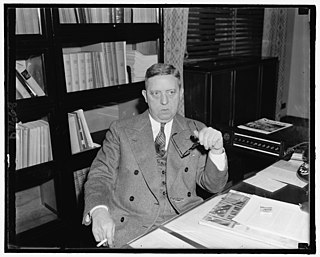A Quote by Joshua Reynolds
Invention strictly speaking, is little more than a new combination of those images which have been previously gathered and deposited in the memory; nothing can come from nothing.
Related Quotes
...those experiments be not only esteemed which have an immediate and present use, but those principally which are of most universal consequence for invention of other experiments, and those which give more light to the invention of causes; for the invention of the mariner's needle, which giveth the direction, is of no less benefit for navigation than the invention of the sails, which give the motion.
Teach nothing new, but instill into all men's breasts those things which the Fathers of revered memory have with harmony of statement taught... Preach nothing else than what we received from our forefathers... Accordingly, both in the rule of faith and in the observance of discipline, let the standard of antiquity be maintained throughout.
This journey then, is nothing more, yet nothing less than a period of acclimating to a new way of seeing, a time of transition and revelation as it gradually comes upon "that" which remains when there is no self. this is not a journey for those who expect love and bliss, rather, it is for the hardy who have been tried by fire and have come to rest in a tough, immovable trust in "that" which lies beyond the known, beyond the self, beyond union and even beyond love and trust itself
Happiness is much more equally divided than some of us imagine. One man shall possess most of the materials, but little of the thing; another may possess much of the thing, but very few of the material. In this particular view of it, happiness had been beautifully compared to the man in the desert--he that gathered much had nothing over, and he that gathered little had no lack.
The haggard aspect of the little old man was wonderfully suited to the place; he might have groped among old churches and tombs and deserted houses and gathered all the spoils with his own hands. There was nothing in the whole collection but was in keeping with himself nothing that looked older or more worn than he.
What do you mean less than nothing? I don't think there is any such thing as less than nothing. Nothing is absolutely the limit of nothingness. It's the lowest you can go. It's the end of the line. How can something be less than nothing? If there were something that was less than nothing, then nothing would not be nothing, it would be something - even though it's just a very little bit of something. But if nothing is nothing, then nothing has nothing that is less than it is.
The complaint, therefore, that all topicks are preoccupied, is nothing more than the murmur of ignorance or idleness, by which some discourage others, and some themselves; the mutability of mankind will always furnish writers with new images, and the luxuriance of fancy may always embellish them with new decorations.
The opening of a foreign trade, by making them acquainted with new objects, or tempting them by the easier acquisition of things which they had not previously thought attainable, sometimes works a sort of industrial revolution in a country whose resources were previously undeveloped for want of energy and ambition in the people: inducing those who were satisfied with scanty comforts and little work, to work harder for the gratification of their new tastes, and even to save, and accumulate capital, for the still more complete satisfaction of those tastes at a future time.






































